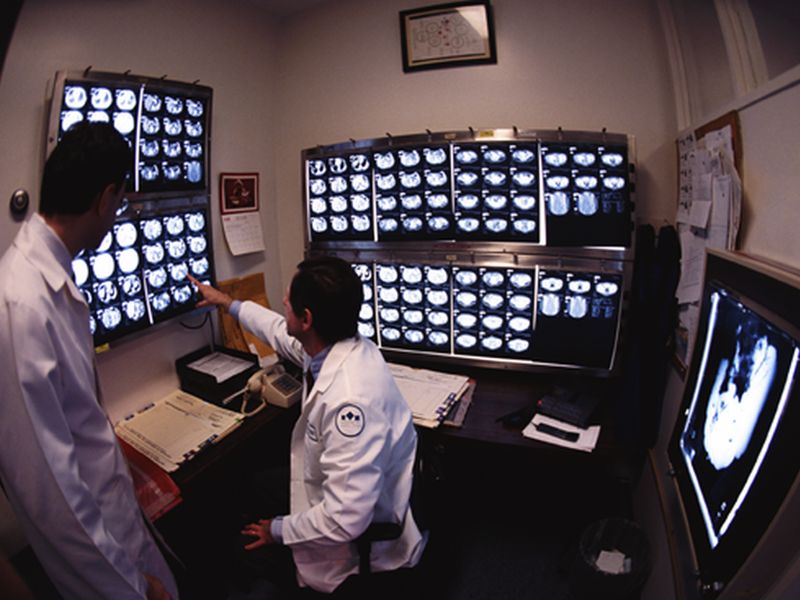Radiation Doses From CT Scans Vary Widely

MONDAY, Jan. 7, 2019 (HealthDay News) -- CT scans diagnose many serious conditions and illnesses, but they expose patients to levels of radiation that aren't always consistent and may be harmful, a new study finds.
The large differences in the doses of radiation patients are exposed to appear to be caused by who is doing the scanning and not differences in patients or equipment, researchers found.
It should be possible, the researchers said, to standardize how the scans are set, to avoid giving patients too much radiation, which can increase their risk of cancer.
According to the study, radiation doses vary by patients, hospitals and countries. In many cases, radiation could be cut by 50 percent without reducing the quality of the image or its diagnostic accuracy.
A team lead by Dr. Rebecca Smith-Bindman, a professor in the department of radiology and biomedical imaging epidemiology and biostatistics at the University of California, San Francisco, analyzed dose data for over 2 million CT scans from 151 institutions in seven countries.
The study included scans of the abdomen, chest and head done between November 2015 and August 2017.
The investigators found that patient characteristics, type and make of scanner, and type of hospital where the scan was done had little effect on differences in the amount of radiation used.
For example, after taking into account patient factors, a fourfold range in radiation doses still existed in abdominal scans. Similar variations were found for chest and combined chest-and-abdomen scans.
But when Smith-Bindman's group adjusted for technical factors -- how the scanners were used by the medical staff -- the variations in doses nearly disappeared.
The report was published Jan. 2 in the journal BMJ.
The findings suggest that optimizing doses to a consistent standard is possible, the researchers said in a journal news release. They recommended that more education is needed and that optimum target doses should be set.
More information
Harvard University Medical School has more on radiation from scans.

The news stories provided in Health News and our Health-E News Newsletter are a service of the nationally syndicated HealthDay® news and information company. Stories refer to national trends and breaking health news, and are not necessarily indicative of or always supported by our facility and providers. This information is provided for informational and educational purposes only, and is not intended to be a substitute for medical advice, diagnosis, or treatment.

